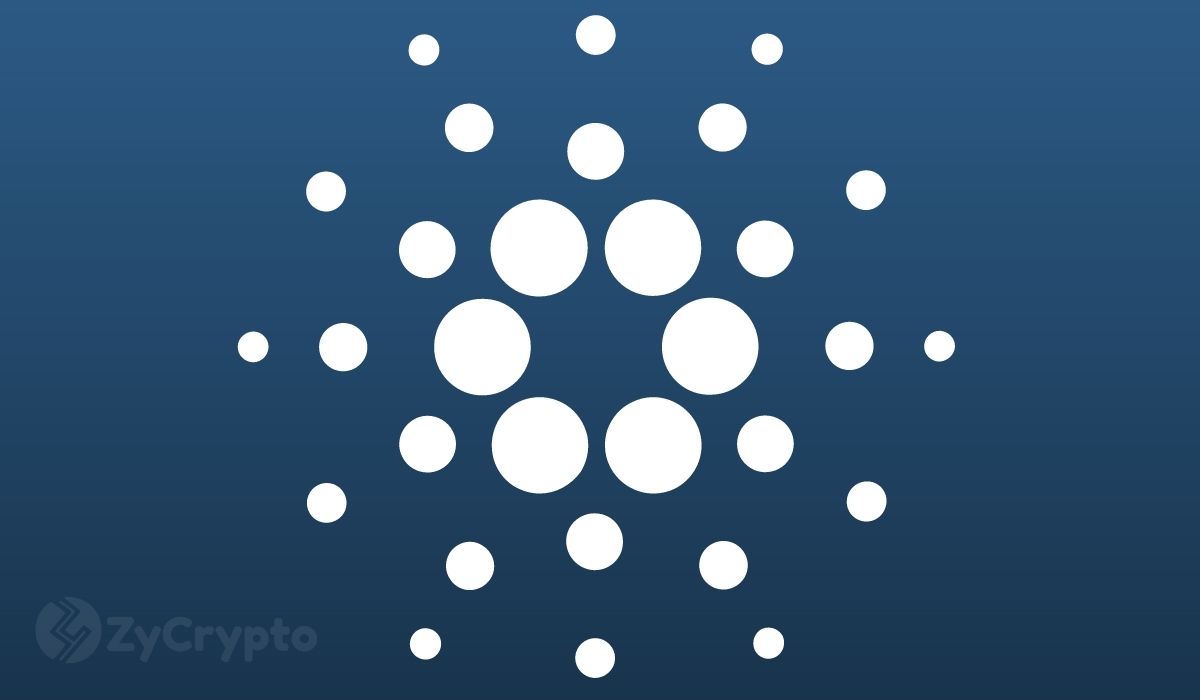Cardano co-founder Charles Hoskinson described the upcoming x402 integration as “very important for Cardano,” marking one of the network’s most promising technological shifts in years.
Hoskinson’s comment came after a major announcement revealing the first x402 proof-of-concept memecoin coin on the Masumi network. This milestone demonstrates how the new payment standard could change blockchain automation and AI-powered transactions.
x402 is built around the HTTP status code 402 “Payment Required”. It allows users to pay for resources through API calls without requiring registration, OAuth, or complex authentication steps.
The project was initially developed by Coinbase and integrated into Google’s Agent Payment Protocol (AP2) to enable seamless and verifiable payments between agents and AI services, thereby automating on-chain transactions in real time.
For Cardano, this means the blockchain could evolve into a financial backbone for the AI agent economy, facilitating trustless microtransactions at scale.
The proof-of-concept demo guides users through the checkout process. When a visitor interacts with the demo page, it generates a “402: Payment required” message. Users can then connect their wallets, build the payment, and once confirmed on-chain, gain access to previously locked resources, in this case minting memecoins.
While the demo itself is not an actual token drop, it offers an idea of how future dApps could use x402 for automated access payments.
According to developer Patrick Tobler, the team is now drafting the x402 standard for Cardano and Masumi to integrate directly with Masumi smart contracts.
This approach goes beyond address-to-address transfers to create a more powerful and flexible payments infrastructure.
Industry analysts see the arrival of x402 as a major catalyst for the Cardano ecosystem. Reports indicate that the protocol has already processed almost 500,000 transactions in a week and is being adopted by technology leaders such as Google, AWS and Visa.
Analysts are also seeing an uptrend for ADA, with projections suggesting a possible rise to $1.20 in early 2026 if momentum is maintained.




